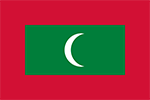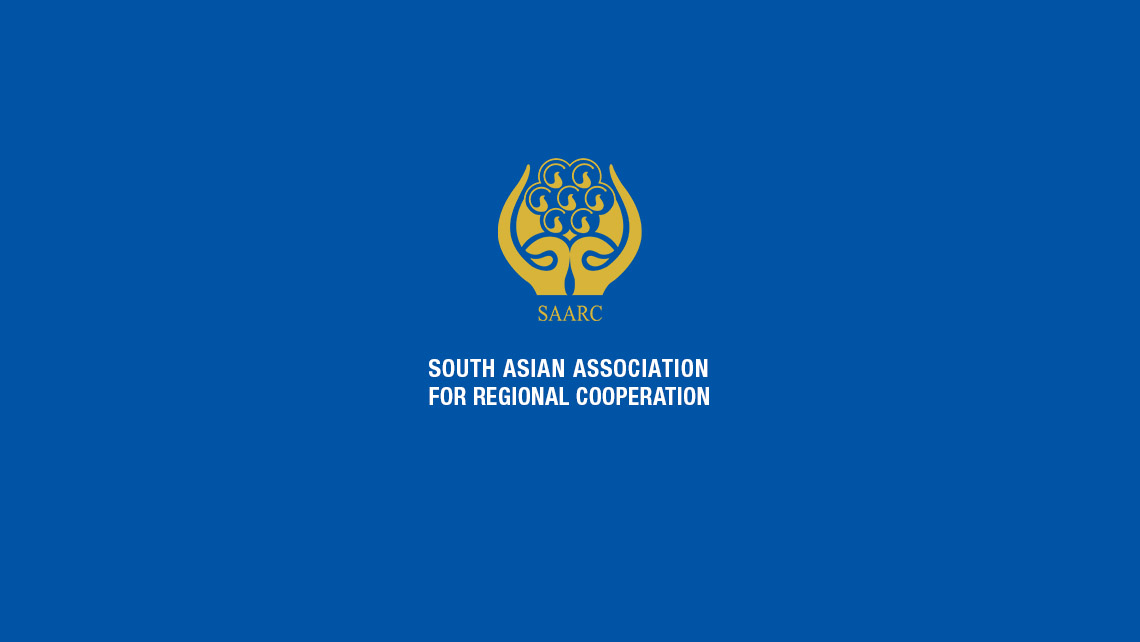6th Meeting of IGEG on Financial Issues was held at the SAARC Secretariat on 23-24 April 2013
The Sixth Meeting of the Inter-Governmental Expert Group (IGEG) on Financial Issues was held at the SAARC Secretariat on 23-24 April 2013 under the chairmanship of Mr. C.J.P. Siriwardana, Assistant Governor, Central Bank of Sri Lanka (CBSL), Colombo. It was attended by the representatives of Finance Ministries and Central Banks of SAARC Member States. Mr. Amrit Lugun, Director, Economic, Trade and Finance Division, SAARC Secretariat opened the Meeting on behalf of SAARC Secretary General, H.E. Mr. Ahmed Saleem as per SAARC practice. The Meeting examined the SAARC Study on ‘Regional Economic Integration in SAARC, its current extent and recommendations for further deepening’ conducted with the assistance of Asian Development Bank. The Study dwells on the roadmap to South Asian Economic Union (SAEU).
2. The Inter-Governmental Expert Group discussed matters relating to Public Debt Management; Development of Capital Market in South Asia; Financial Inclusion - Access to financial services and credit to financially excluded sections of the society; Experiences of Financing for Infrastructural Development; Combating Money Laundering and Terrorist Financing; Harmonisation of fiscal and trade indicators; comparative performance of key economic indicators; sharing of experience and best practices in the financial sector; greater flow of financial capital and intra-regional long-term investment. The Meeting also reviewed the progress in the implementation of Swap Arrangement. The delegation of India informed the Meeting that the Swap Arrangement was announced on 16 May 2012 by the Governor of Reserve Bank of India in Pokhara, Nepal with a contribution of India of US$ 2 billion for SAARC countries. The first agreement under the swap arrangement was signed between Bhutan and India on 8 March 2013 for an amount of US$ 100 million for three years. The Swap facility will further economic cooperation within the SAARC region, pave the way for increased intra-regional trade and contribute to enhancing the collective welfare of the region.










